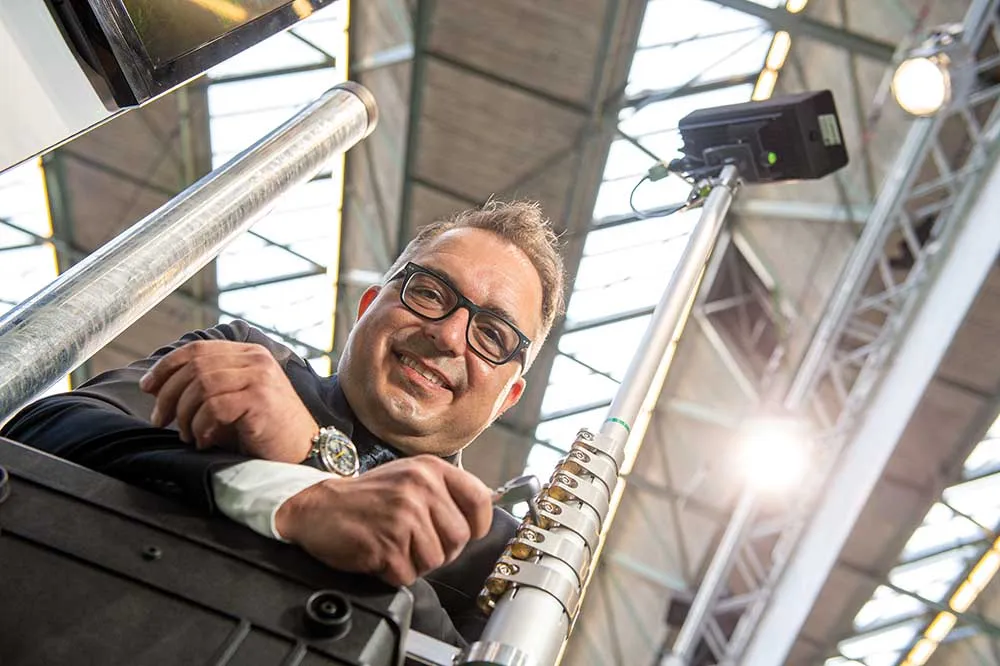Birmingham's 'leave your car at home' project has significantly reduced nitrogen Dioxide (NO2) in the Kings Heath area, in an initiative led by residents, television producers and Dr. Xan van Tulleken who presented the pilot on the BBC's Fighting for Air program. The project used EarthSense's Zephyr air quality monitoring sensors to obtain the improved air quality results.
The experiment urged residents to switch to public transport or walk for their daily commute while the sensors monitored air pollution on the day and compared it to recordings elsewhere in Birmingham as well as against previous real-time measurements in the area.
In addition, Zephyr measured the baseline of air pollution along Kings Heath High Street and outside St Dunstan's Catholic Primary school. It revealed consistently high readings across the course of each of the proceeding three days with peaks of NO2 during rush hour and school drop off and pick-ups.
Professor Roland Leigh, technical director of EarthSense Systems, said: “We need to reinvent our high streets and communities to encourage relaxing and enjoyable environments, and clean and healthy air is a key part of the package. The EarthSense air quality sensors provide a tangible way of recording and presenting evidence which can be used to plan and promote further initiatives. This programme clearly demonstrates the positive outcomes that can be achieved as a result of community action.”










